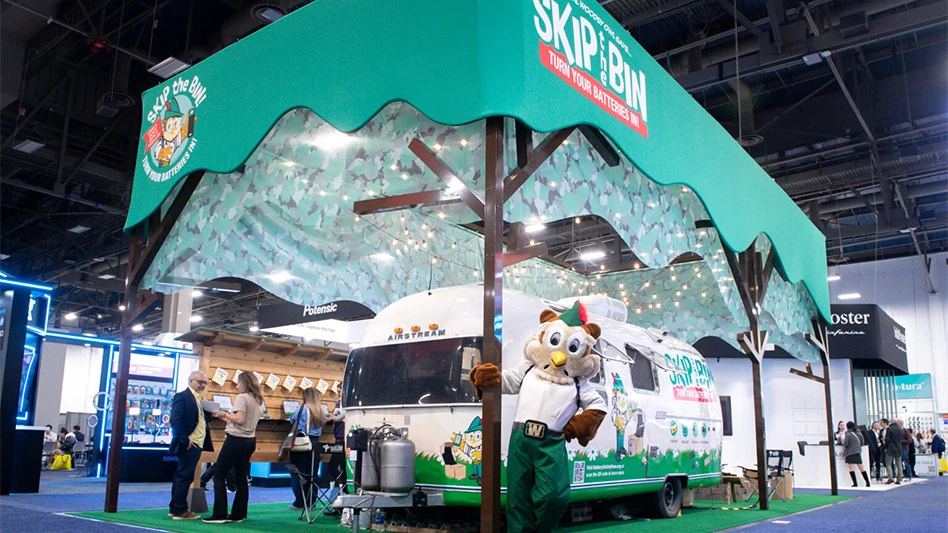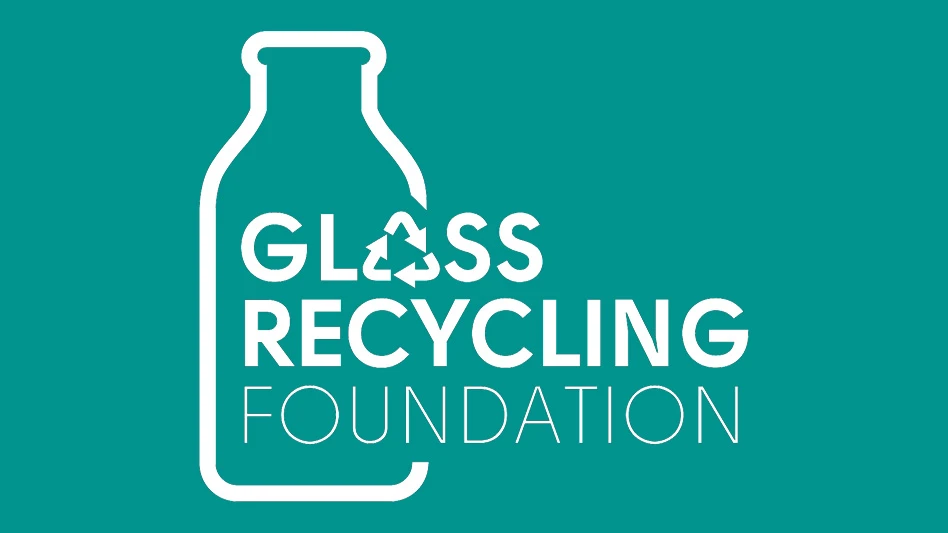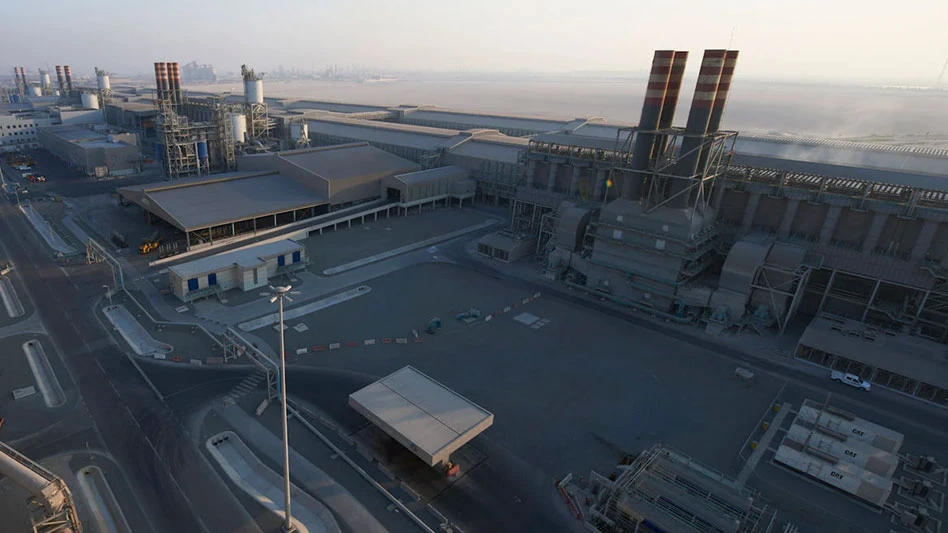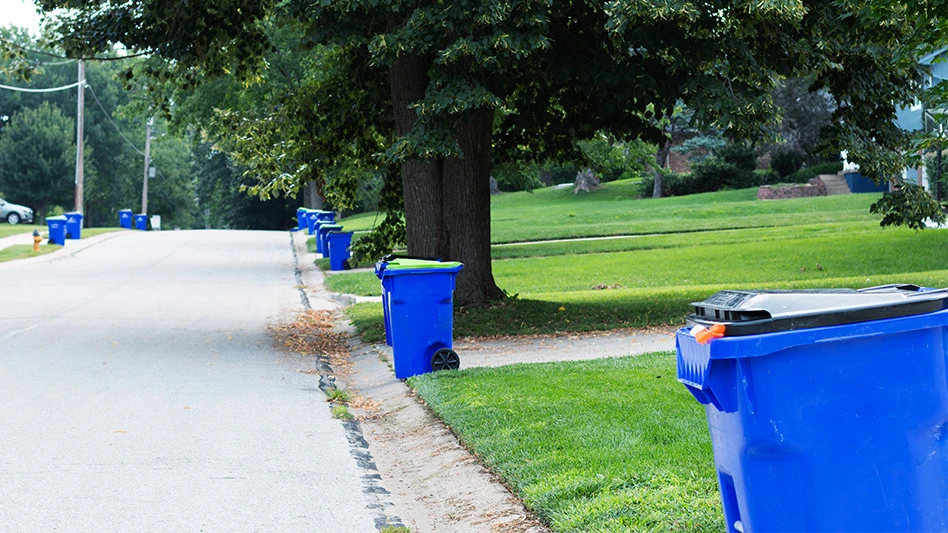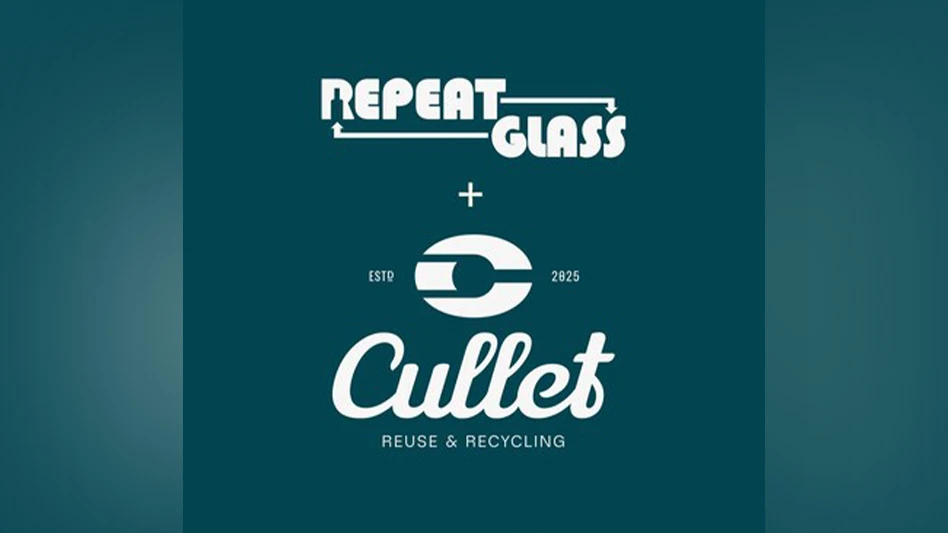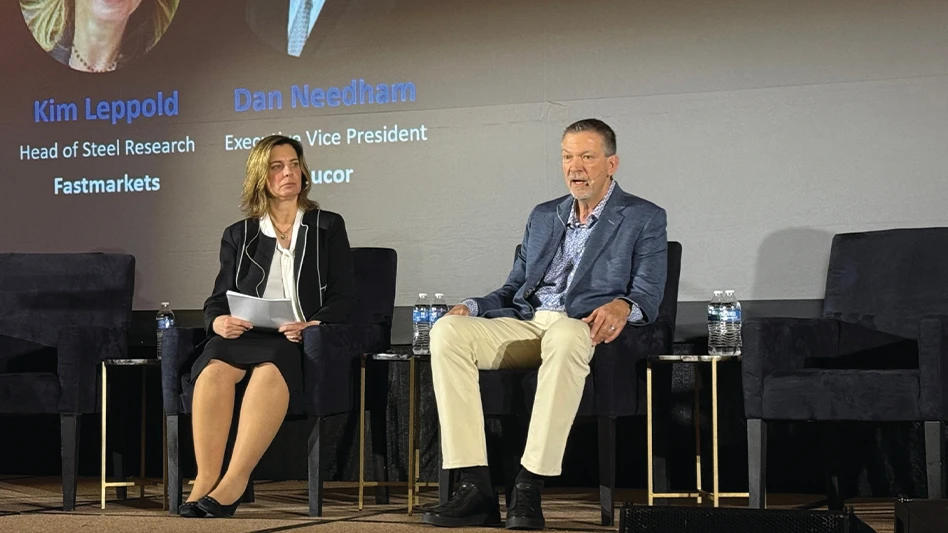Massachusetts consumers love to pop the top but are not as keen about getting their nickel deposit back, and as a result the redemption rate under the state's bottle deposit law has fallen to its lowest level ever.
Preliminary figures for the fiscal year that ended June 30 indicate consumers purchased a record amount of soft-drink and beer containers. But redemptions, while slightly higher than the year before, failed to keep pace. They dropped to 67 percent, nearly 20 percentage points off the peak in 1995.
Environmentalists say the steadily declining redemption rate indicates the nearly 20-year-old bottle deposit law is in need of repairs, but state officials don't appear to be in any hurry to fix it. The state's lack of interest, some recycling advocates say, may be due to the fact that it benefits financially from a low redemption rate.
In 1990, the Legislature passed a law directing that all unclaimed bottle and can deposits be turned over to the state. The state's initial take was $8 million, but with Massachusetts residents now failing to redeem nearly one out of every three containers, the so-called Clean Environment Fund took in more than $37 million last year. This year most of that money has gone to plug budget gaps instead of recycling efforts.
Gina McCarthy, assistant secretary for environmental affairs, said the declining redemption rate is not cause for concern. Even at 67 percent, she said, the recycling rate for bottles and cans is far higher than it is in nondeposit states and far higher than it is for nondeposit containers here in Massachusetts.
"We're not ready to have any discussion about the bottle bill not working," she said. "I don't see the enthusiasm waning. I think it's a tremendous success story environmentally."
Critics of the bottle deposit law, however, say the declining redemption rate is an indication the law is losing steam. "It's an old solution that has kind of gotten tired. Obviously, consumers are expressing an opinion here," said John Stasiowski, president of the Beer Distributors of Massachusetts.
McCarthy said inflation is probably the chief cause of the declining redemption rate. The 5-cent deposit isn't worth as much today as it was when the deposit law took effect in 1983. As a result, she said, consumers are less motivated to return their empties, with those not returned either getting thrown in curbside recycling bins or into the trash.
Of the 11 states with bottle deposit laws, the Massachusetts redemption rate appears to be on the lower end. Seven of the 11 states report redemption rates, according to the Container Recycling Institute. California, Massachusetts, and New York were the lowest of the seven. Michigan, with a 10-cent deposit, was the highest, at 94 percent. Iowa, with a 5-cent deposit, was close behind at 93 percent.
Iris Vicencio-Garaygay, an environmental advocate with the Massachusetts Public Interest Research Group, said the bottle deposit law is a recycling success story. But she said it is in need of updating. She would like to see the deposit raised to 10 cents, the number of containers covered by the law expanded, and the handling fee paid to redemption centers increased.
State lawmakers and the Swift administration have shown little inclination to move on any of these changes. Raising the deposit and expanding the reach of the law are not under serious consideration right now. There has been talk of helping redemption centers for years, but nothing has been done.
Redemption centers are businesses where the primary focus is the processing of bottles and cans covered by the deposit law. There are only 143 licensed redemption centers across the state, but they process a disproportionate number of bottles and cans -- nearly 43 percent of the total in fiscal 2001. The rest are processed by supermarkets, liquor stores, and other establishments that sell drinks covered by the law.
The redemption centers receive 2.25 cents per container, an amount that has not been increased since 1990. The low handling fee forced many redemption centers out of business in the mid-1990s. While the number of centers has stabilized in recent years, many of the survivors are now giving consumers 4 cents for every bottle and can they return rather than the full 5 cents.
Mark McDonald, the owner of Bridgewater Bottle & Can, began paying 4 cents 21/2 years ago in order to survive. He said the lower payout rates are a key reason why the state's redemption rate is declining.
"If people can't find a place to return the cans, they just chuck them," he said.
McCarthy, noting the number of returns handled by redemption centers has actually increased slightly over the last three years, said she doubted a higher handling fee would boost the state's redemption rate significantly.
She also said the state is wary of hiking the handling fee and seeing beer and soft-drink makers hike their prices in response. She favors legislation that would fund an increase in the handling fee out of the Clean Environment Fund.
McDonald said McCarthy promised to raise the handling fee earlier this year but so far has taken no action. "They're dragging their heels because they're making more and more money off of the bottle deposit law," McDonald said. "It wasn't set up so the state could make money."
Chris Flynn, president of the Massachusetts Food Association, said the state's deposit windfall has made the status quo popular. He favors doing away with the law, calling it a colossal expenditure of funds to recycle just 1.5 percent of the state's waste stream.
"It's really an indirect tax," he said. Boston Globe
Latest from Recycling Today
- Reconomy acquires German-based GfAW
- Updated: Landbell USA to serve as PRO under California’s textile EPR law
- PureCycle loses $182M in 2025
- Eldridge plays role in Scrap Management Industries acquisition
- Aluminium Dunkerque to be acquired by Bahrain-based firm
- Acerinox ends 2025 with a loss
- Novelis' Greensboro, Georgia, plant site of fire
- Electra approves cobalt refinery construction schedule, budget
